Vertigo might seem like a rare phenomenon, but it's actually something that affects almost 40 percent of people at some point in their lives.
We all get dizzy now and then, whether we just got off of an airplane or perhaps had a bit much to drink.
But vertigo is a more serious dizzy state that causes your vision to tilt out of control and can seriously throw off your balance.
Though there many factors that can cause you to develop vertigo — like stroke, heart disease, or even extreme stress — it's mostly caused by inner ear problems that throw off your vestibular system, or the system in your brain that keeps you balanced.
While vertigo is mostly characterized by the tilting, turning, dizzy feelings that occasionally plague you, there are actually other symptoms that go along with them.
Learning them all can help you prepare for the episodes if they ever happen to you — check them out below.
What Is Vertigo?
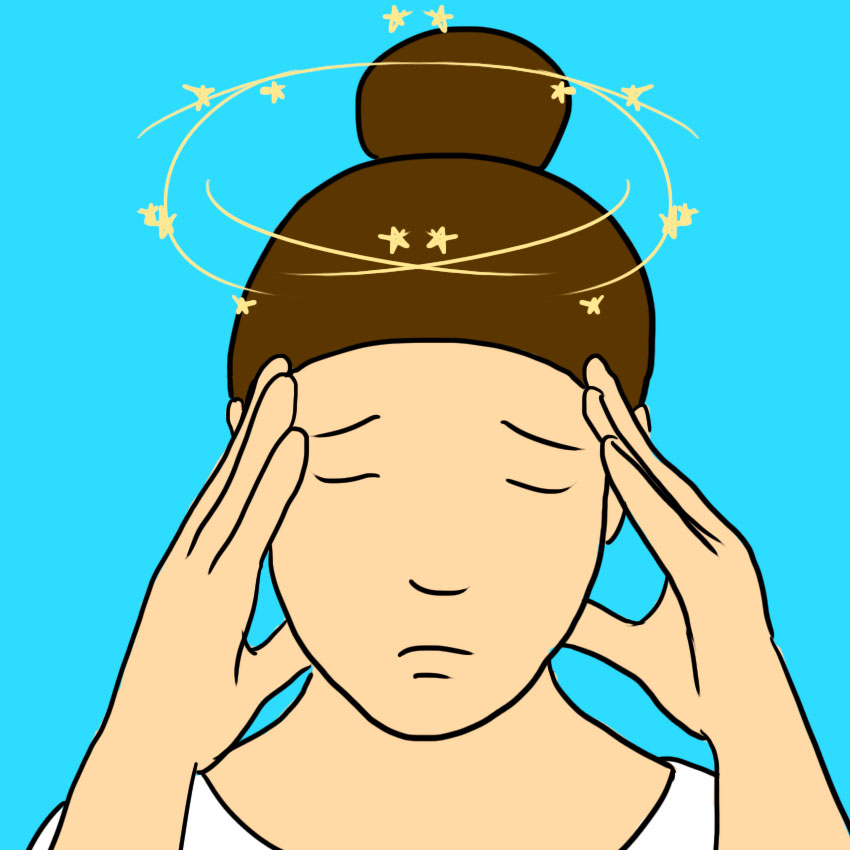
Vertigo is the sensation that objects are spinning around you, or that you are spinning uncontrollably.
This strange spinning phenomenon is usually caused by inner ear problems, like Meniere's disease, though some head injuries, strokes, and medications can cause them.
Fortunately, they usually go away after a while, since your brain is able to adapt to the change in balance.
But it's important to know its symptoms if they ever happen to you — check below to learn all of them.
Symptom #1: Dizziness And Disorientation
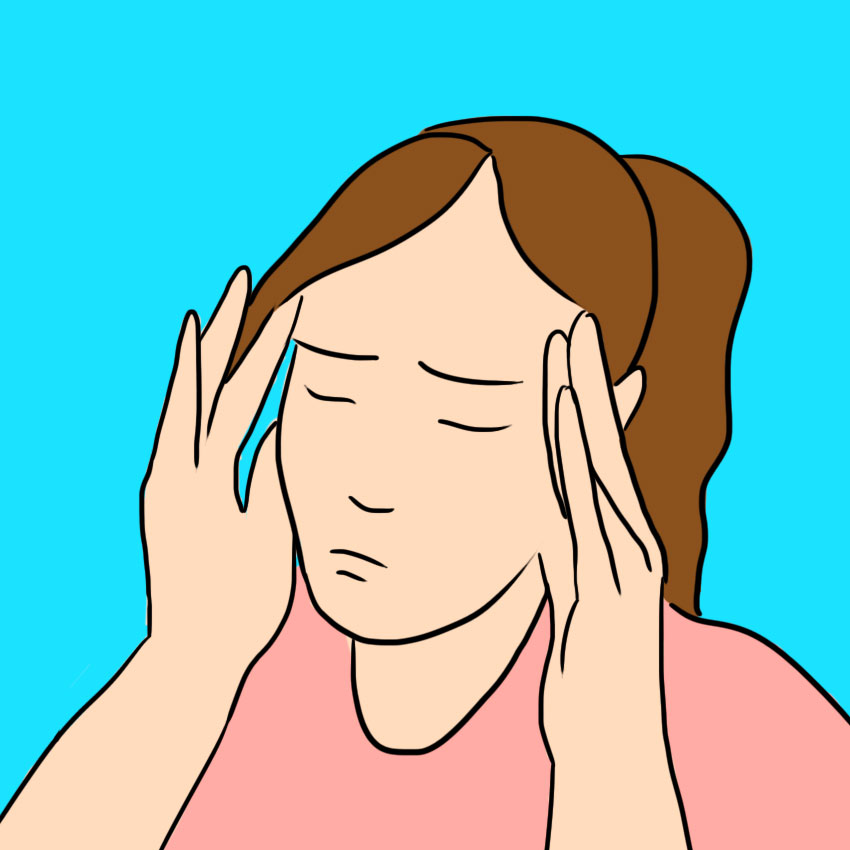
This is the most prominent symptom of vertigo: the dizzy and disoriented feelings.
Sufferers of vertigo have reported their vision tilting, swerving, spinning, or being pulled in one direction.
Sudden eye movement or head turns can jumpstart the spins, but they generally last under a minute, according to Emedicinehealth.com.
Symptom #2: Chronic Nausea
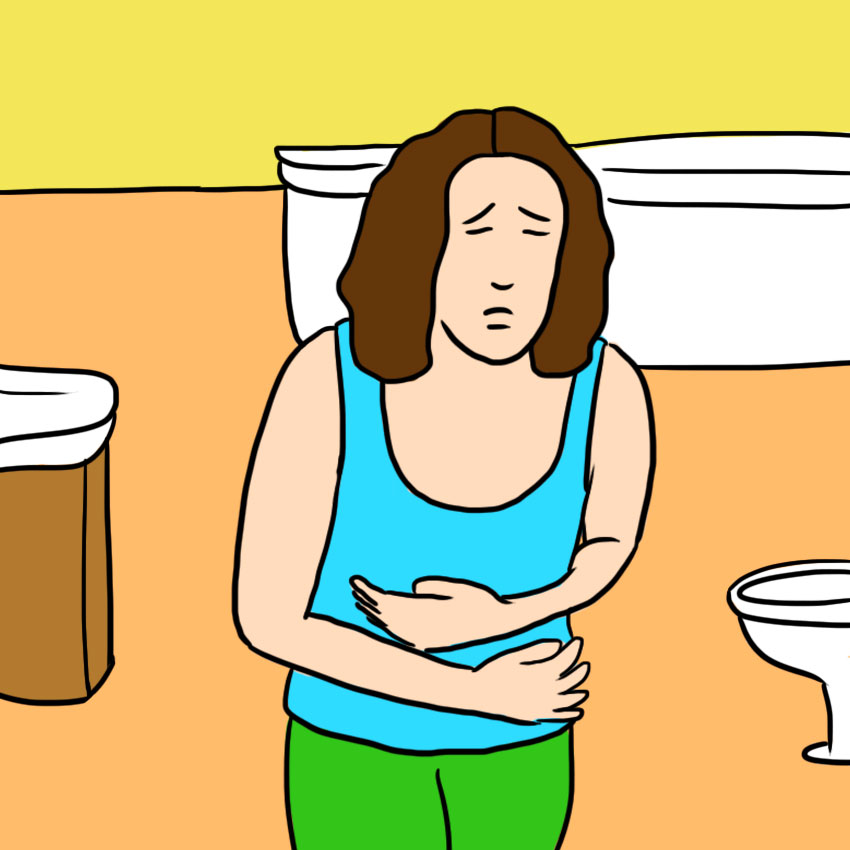
The nausea associate with vertigo is usually brought on by motion sickness.
Though the episodes tend to only last about a minute at a time, the nausea that occurs can take a little bit longer to subside.
If you begin to experience vertigo, consider carrying your favorite nausea treatments with you, just in case.
Symptom #3: Hearing Loss Or Ringing In The Ears
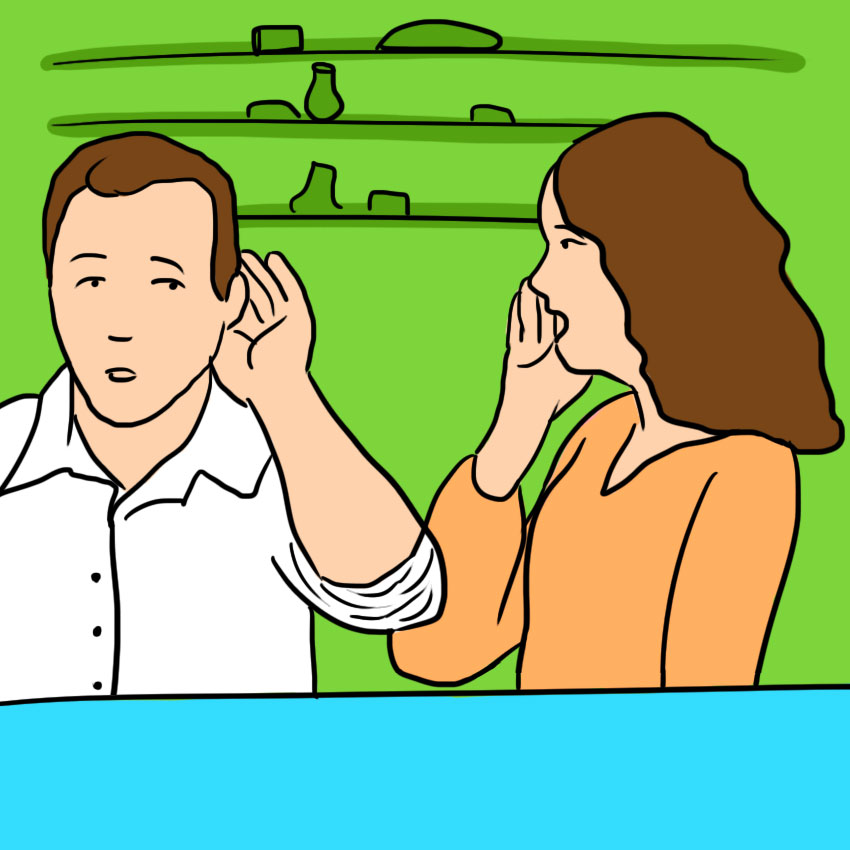
Since vertigo is usually connected with your inner ear, you may experience hearing loss or ringing in your ears.
What causes the symptoms associated with Meniere's disease is difficult to understand, though it could be caused by certain food allergies, according to Healthline.
If you have an inkling that there is something wrong with your ear, know that vertigo symptoms can eventually occur.
Symptom #4: Persistent Headaches
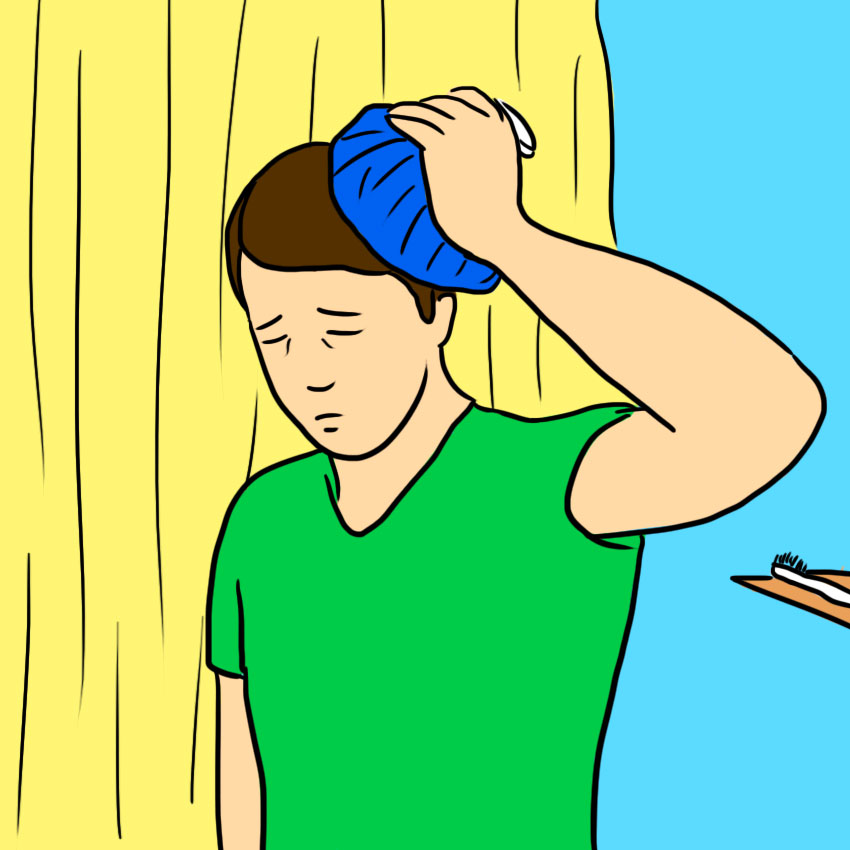
All the spinning and dizziness can give you a serious headache.
This can also occur prior to the unpredictable spinning attacks because your vestibular system is being messed with.
Much like with nausea, keep headache medication handy if you starting to experience the spinning episodes.
Symptom #5: Frequent Sweating
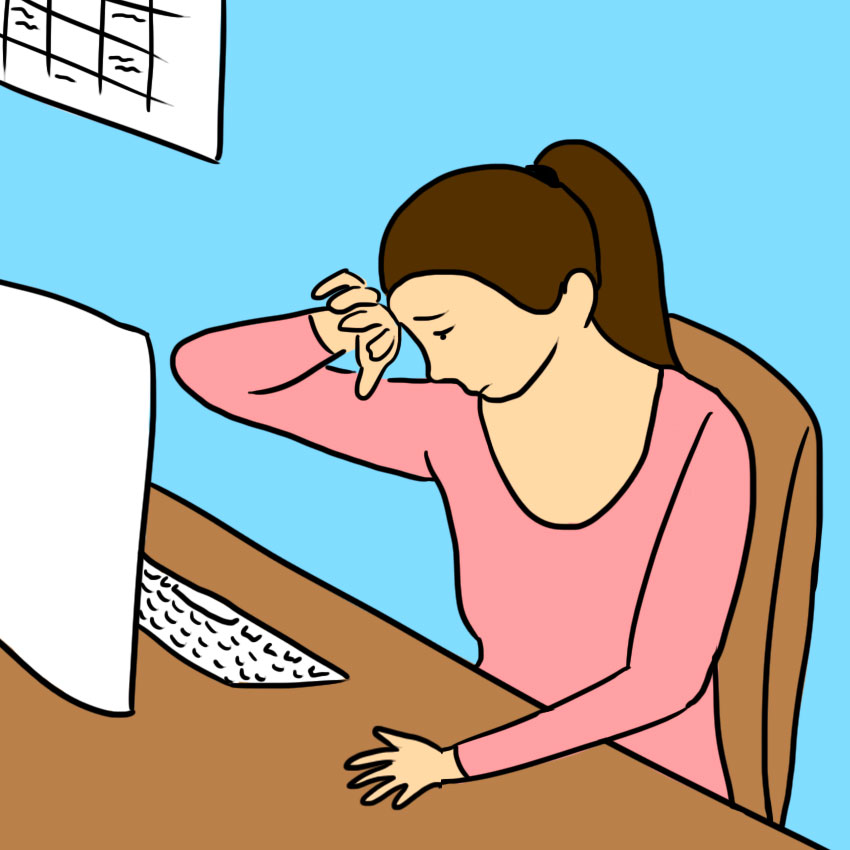
You may also experience heavy sweating during your vertigo episodes.
Much like the headaches, the sweating can begin before or after a disorienting moment.
However, if you are experiencing frequent sweating without the other typical vertigo symptoms, it could mean that you have another condition.
Symptom #6: Jerking Eye Movements
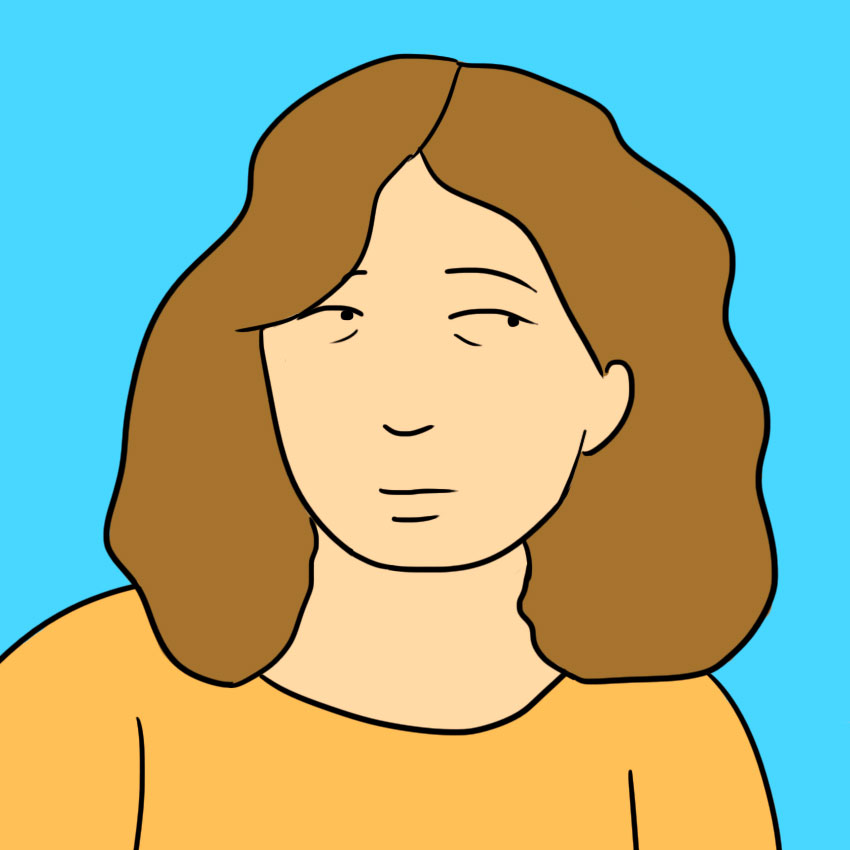
You may also experience uncontrollable jerking eye movements, or nystagmus, according to WebMD.
Though this condition can appear during vertigo, some people are born with these eye movements and live with them all their lives.
Fortunately, these vertigo symptoms usually heal themselves, once your brain adapts and finds a way to keep you constantly balanced.
Symptom #7: A Loss Of Balance
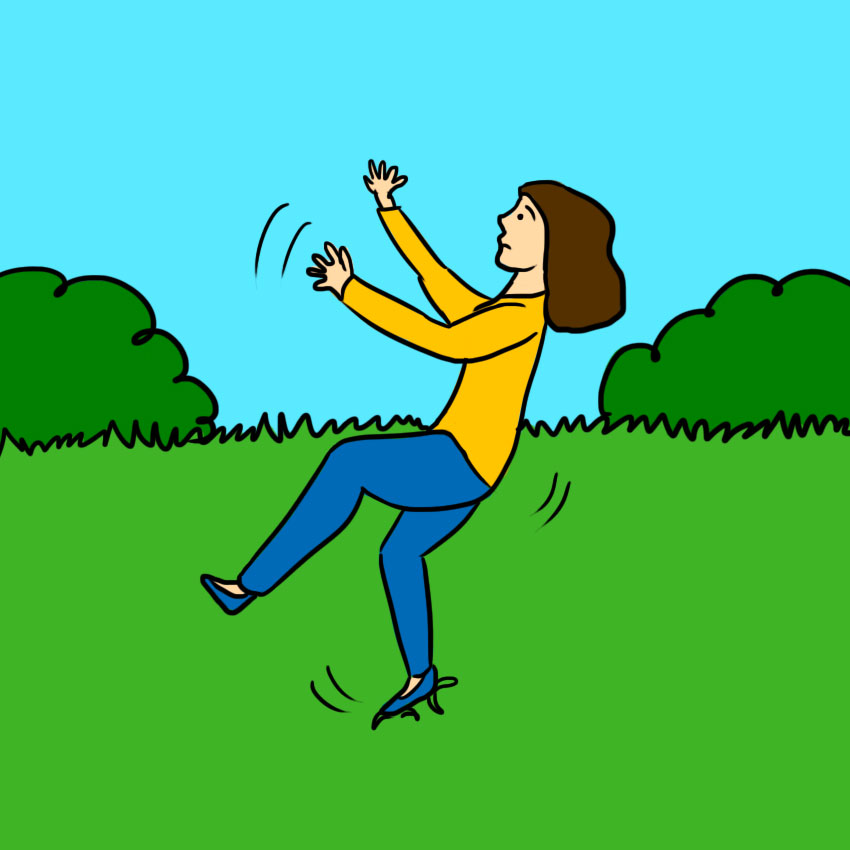
This is another textbook sign of vertigo.
Since the world may suddenly seam like it is tilting or spilling, you may try to overcompensate and lean or sway with your turning world.
This could also make your balance a little off, even when you're not experiencing the spinning, since your body may be trying to prepare or compensate.
Symptom #8: Frequent Vomiting
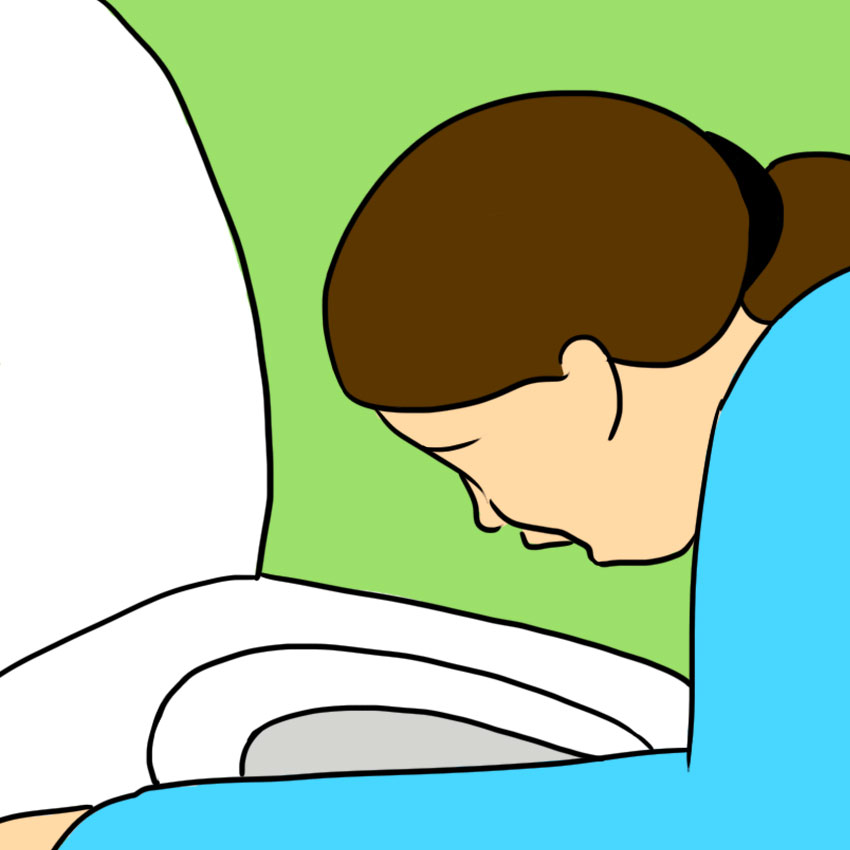
It's important to note if you are experiencing vomiting with your vertigo, or numbing limbs.
This could be an indication that something more serious is happening to you, and you should seek medical attention immediately.
Vertigo may make you feel like you have a loss of control. Knowing all if its symptoms can help you know what to expect if it ever happens to you, and how to prepare accordingly.
If you know someone who might be experiencing symptoms of vertigo, please SHARE this important information on Facebook!




